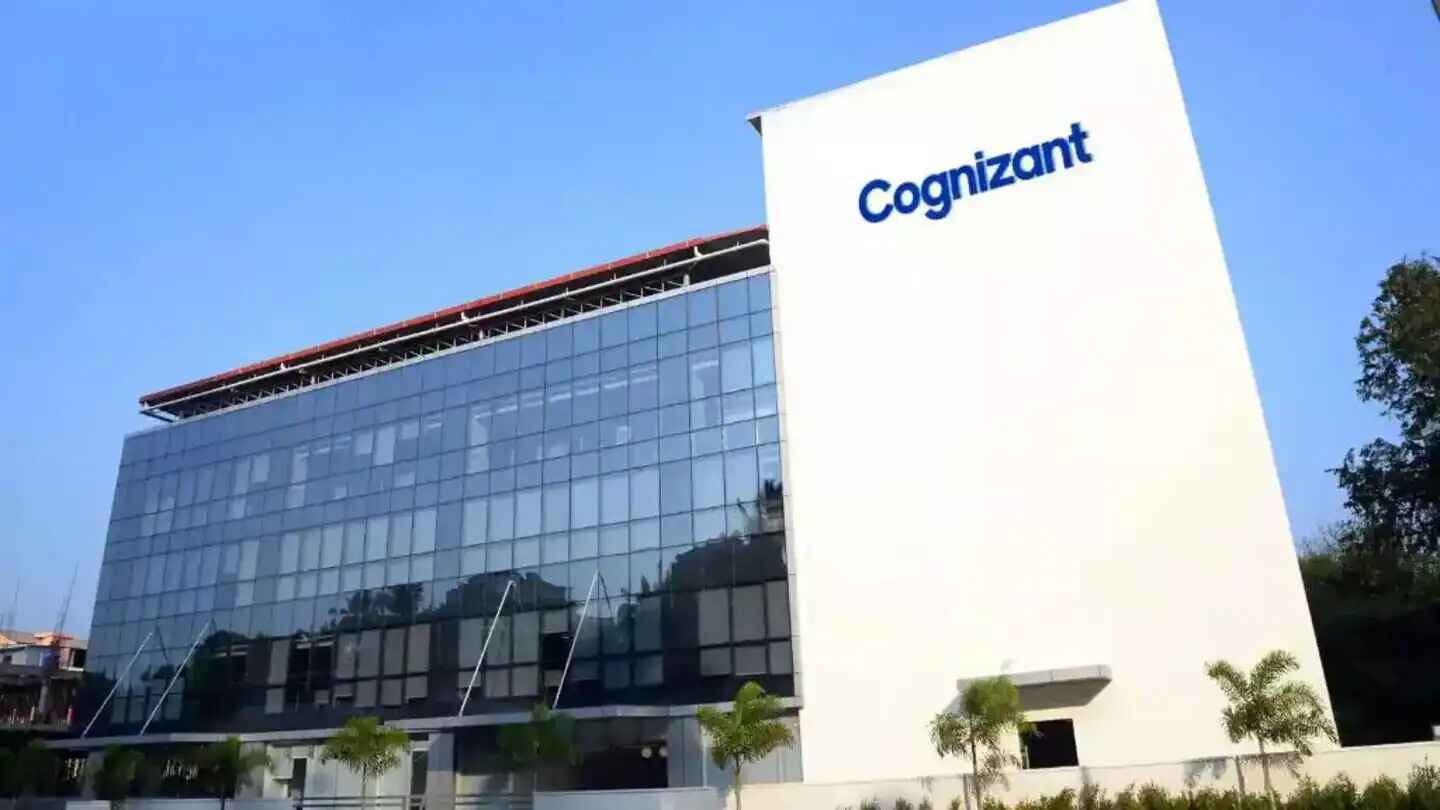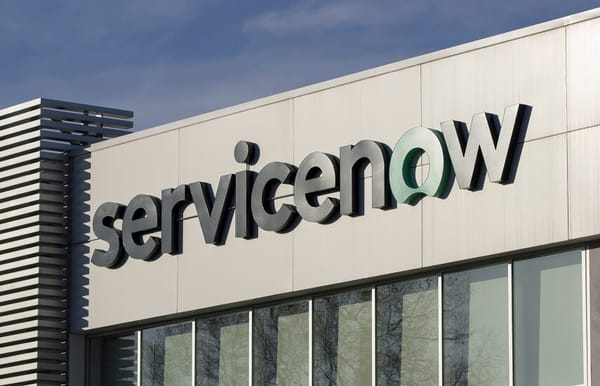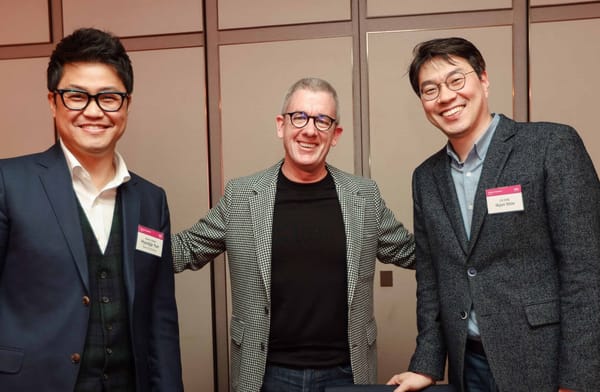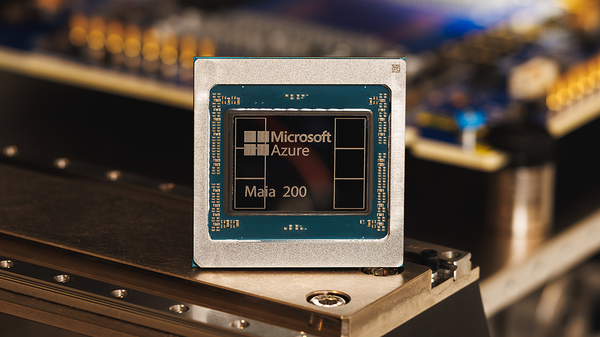Cognizant Unveils ‘Vibe Coding Blueprint’ to Help Enterprises Operationalize AI at Scale
The new blueprint combines advisory services, enablement insights, and tools to help enterprises experiment with AI

Cognizant has unveiled the Enterprise Vibe Coding Blueprint, a suite of services and reusable IP designed to help Global 2000 companies embed AI-assisted coding across both technical and non-technical teams.
“AI-first enterprises will distinguish themselves by putting powerful tools in peoples’ hands and giving them a safe, structured way to create. With the Enterprise Vibe Coding Blueprint, we’re translating Cognizant’s hands-on experience into a repeatable playbook combining advisory, enablement, and our own IP, so clients can unlock innovation across the enterprise,” said Ravi Kumar S, CEO of Cognizant.
The offering builds on the success of Cognizant’s Vibe Coding Week, which earned a Guinness World Record as the largest online generative AI-assisted coding event.
The new blueprint combines advisory services, enablement insights, and tools to help enterprises experiment with AI, prototype ideas quickly, and build organization-wide AI proficiency.
The blueprint leverages Cognizant’s Vibe Coding Hub for registration, learning, prototype evaluation, and collaboration, along with Cognizant Neuro, an AI system built by the company’s AI Research Lab to evaluate prototypes at scale.
The initiative aims to empower developers to automate repetitive work and focus on innovation, while enabling business teams to collaborate with AI through natural language to generate prototypes.
"The Vibe Coding Blueprint gives enterprises a practical model to democratize AI innovation by combining governance, enablement, and rapid prototyping to create real business outcomes. This is what scaling AI responsibly looks like, when you start with your people and culture," said Phil Fersht, CEO and Chief Analyst at HFS Research.
During Vibe Coding Week, more than 250,000 employees participated, creating over 32,000 prototype applications across business functions.




